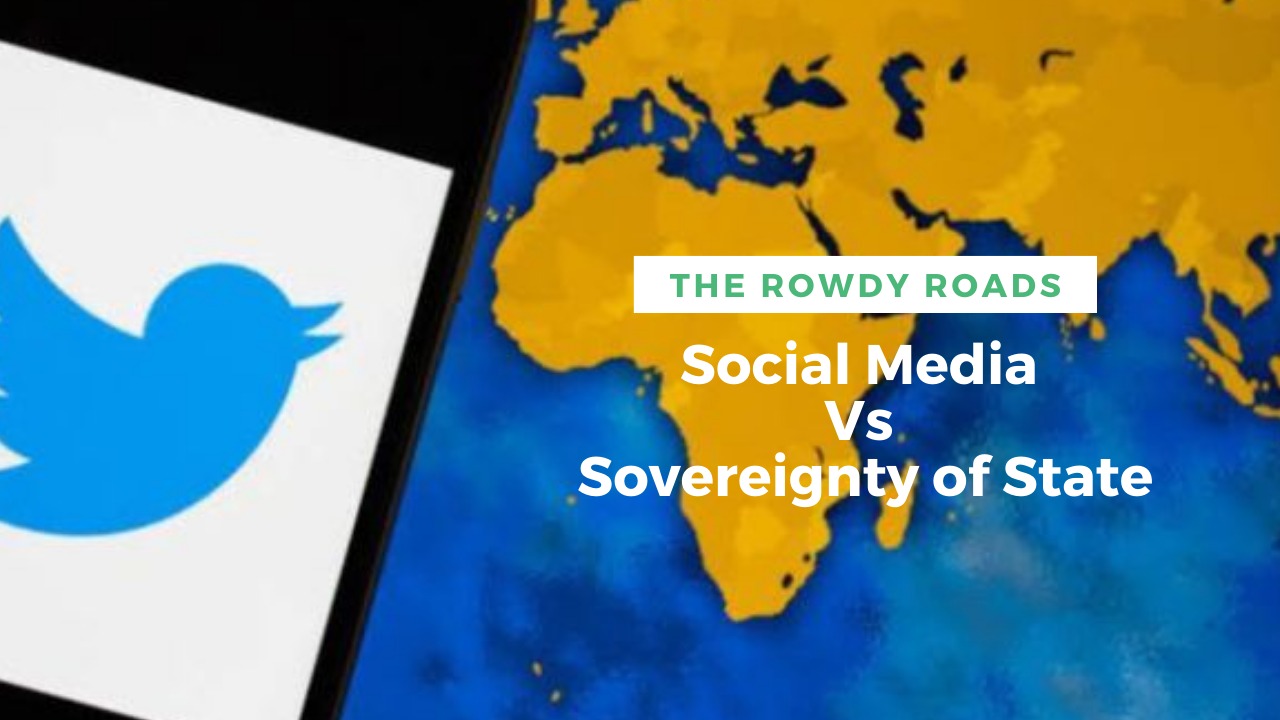-Jay Patel
Prime Minister Narendra Modi’s government has ordered Twitter to remove more than 1,100 accounts and posts which it says are spreading misinformation about protests by farmers. Twitter says it won’t fully comply with Indian government orders to remove accounts. Now this reaction from twitter has called for a much larger debate about Freedom of Expression vs Right of the state.
In a blog post, Twitter said it did not fully comply with some requests as it believed they were not in line with Indian law. So now the question is, it must not be the first time when a government has requested to do so and to understand what reply was expected from twitter, let’s go through what twitter said about it.
“We believe transparency is the foundation to promoting healthy public conversation on Twitter and to earn trust. It is critical that people understand our approach to content moderation and how we engage with governments around the world, and that we are transparent about the consequences and the results of this work. Our Transparency Report and Lumen continue to be the places to go to observe trends in the requests governments make of us, and to assess how we operate globally.” Twitter said,
How Twitter Transparency works:
In the above statement you can see the reference to the Lumen Database. The Lumen database collects and analyzes legal complaints and requests for removal of online materials, helping Internet users to know their rights and understand the law. These data enable the lumen to study the prevalence of legal threats and let Internet users see the source of content removals.
So, twitter declared that as per their transparency commitment they are not fully obliged to request from the Government of India. So, let’s understand Transparency commitment of twitter,

Last year in the period of Jan to June, twitter received 42.2K requests which are on basis of legal demand. The requests from the Government of India come under the above category.
This section covers the latest data about third-party legal demands that compel Twitter to remove content under our Country Withheld Content (“CWC”) policy.
Country withheld content: If you have encountered a Tweet or an account that has been marked as withheld, you may be wondering what that means and why that may have happened. With hundreds of millions of Tweets posted every day around the world, Goal of twitter is to respect user expression, while also taking into consideration applicable local laws.
Many countries have laws that may apply to Tweets and/or Twitter account content. The Government of India has a similar law. If twitter receives a valid and properly scoped request from an authorized entity, it may be necessary to withhold access to certain content in a particular country from time to time. Such withholdings will be limited to the specific jurisdiction that has issued the valid legal demand or where the content has been found to violate local law(s).
Freedom of expression: Transparency is vital to protecting freedom of expression, so Twitter has a notice policy for withheld content. Upon receipt of requests to withhold content, Twitter will promptly notify affected users unless they are prohibited from doing so (e.g., if they receive a court order under seal). They will also clearly indicate within the product when content has been withheld and publish requests to withhold content on Lumen—unless, similar to their practice of notifying users, they are prohibited from doing so.
Enforcement of the Twitter Rules:
As per the statement from the twitter, beginning on 26 January 2021, twitter’s global team provided 24/7 coverage and took enforcement action judiciously and impartially on content, Trends, Tweets, and accounts that were in violation of the Twitter Rules — Twitter’s global policy framework that governs every Tweet on the service. Specifically, They:
- Took action on hundreds of accounts that violated the Twitter Rules, particularly inciting violence, abuse, wishes of harm, and threats that could trigger the risk of offline harm
- Prevented certain terms that violated our Rules from appearing in the Trends section
- Suspended more than 500 accounts that were engaging in clear examples of platform manipulation and spam
- Tackled misinformation based on the highest potential for real-world harm, and prioritized labeling of Tweets that were in violation of our synthetic and manipulated media policy.
Legal requests from the Indian Government
Separate to twitter’s enforcement under the Twitter Rules, over the course of the next 10 days, Twitter has been served with several separate blocking orders by the Ministry of Electronics and Information Technology (MeitY), Government of India, under Section 69A of the Information Technology Act. Out of these, two were emergency blocking orders that twitter temporarily complied with but subsequently restored access to the content in a manner that twitter believed was consistent with Indian law.
“In keeping with our principles of defending protected speech and freedom of expression, we have not taken any action on accounts that consist of news media entities, journalists, activists, and politicians,” twitter said.
The move puts the company and its executives at the center of a political firestorm. The government has threatened legal action which could result in fines or imprisonment for Twitter officials responsible for implementing government directives.
It also comes after Twitter’s top lobbyist in India, Mahima Kaul, resigned while the company scrambles to contain a growing public relations crisis.
Public opinion in one of Twitter’s key markets is split. Some lawyers say Twitter must comply or challenge the order in court while activists blame the government for using legal provisions to curb free speech.
For Twitter, the stakes are high in a country of 1.3 billion where it has millions of users and is ardently used by Modi, his cabinet ministers and other leaders to communicate with the public. Twitter does not publish the number of Indian users.
As the row takes a toll on Twitter, many Indian politicians and users are joining the home-grown Twitter-like social media platform Koo launched last year.


